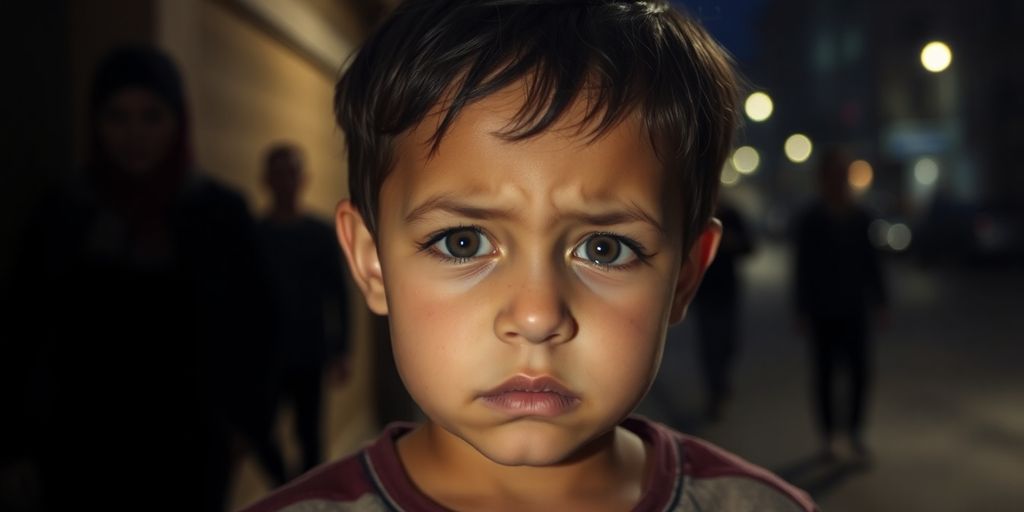In Bosnia and Herzegovina, children are increasingly becoming the primary victims of human trafficking. This alarming trend highlights the urgent need for awareness and action to protect the most vulnerable members of society. The country has been grappling with various socio-economic challenges, which have contributed to the rise in trafficking cases involving minors.
Key Takeaways
- Children are disproportionately affected by human trafficking in Bosnia and Herzegovina.
- Socio-economic factors contribute to the vulnerability of children.
- Increased awareness and action are needed to combat this issue.
The Scope of the Problem
Human trafficking is a grave violation of human rights, and in Bosnia and Herzegovina, it manifests predominantly through the exploitation of children. Factors such as poverty, lack of education, and social instability create an environment where children are at risk of being trafficked for labor, sexual exploitation, and other forms of abuse.
Vulnerable Groups
Certain groups of children are particularly vulnerable to trafficking:
- Street Children: Often living in precarious conditions, they are easy targets for traffickers.
- Children from Disadvantaged Backgrounds: Those from low-income families may be lured by false promises of employment or education.
- Refugee and Migrant Children: Many are unaccompanied and lack legal protection, making them susceptible to exploitation.
The Role of Authorities
The government of Bosnia and Herzegovina has recognized the issue of human trafficking and has taken steps to address it. However, challenges remain:
- Insufficient Resources: Law enforcement agencies often lack the necessary resources and training to effectively combat trafficking.
- Legal Framework: While laws exist, enforcement is inconsistent, and many cases go unreported.
- Awareness Campaigns: There is a need for more public awareness campaigns to educate communities about the signs of trafficking and how to report it.
Community Involvement
Local communities play a crucial role in combating human trafficking. Initiatives can include:
- Education Programs: Schools can implement programs to educate children about the dangers of trafficking.
- Community Watch Groups: Establishing groups to monitor and report suspicious activities can help protect vulnerable children.
- Partnerships with NGOs: Collaborating with non-governmental organizations can enhance resources and support for victims.
Conclusion
The plight of children in Bosnia and Herzegovina as victims of human trafficking is a pressing issue that requires immediate attention. By addressing the socio-economic factors that contribute to this crisis and fostering community involvement, the country can take significant steps toward protecting its most vulnerable citizens. It is imperative that all stakeholders, including government, communities, and international organizations, work together to combat this heinous crime and ensure a safer future for children in Bosnia and Herzegovina.






